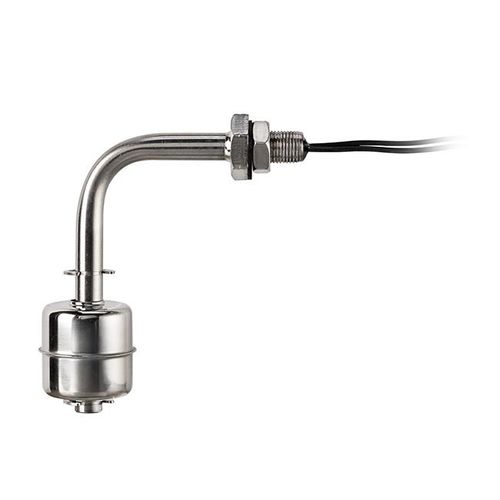connection 1 / 8 "Gas
SPST Contacts
USE:
Entirely in stainless steel, they are suitable for use in the production processes of chemical, pharmaceutical and food industries.
Suitable for solvents, thinners and all liquids compatible with stainless steel.
OPERATION:
When the float of the indicator encounters the Reed switch incorporated in the tube at the pre-established distances, the contact activated by the magnet housed in the float, opens or closes, thus obtaining the possibility of sending a luminous or acoustic signal or disconnecting any electrical equipment connected to it.
FITTING:
The indicator must be fitted in the side position 60 mm from the point to be controlled.
IMPORTANT:
To invert the contact from N.C. to N.O. just remove the bottom stop and turn the float upside down


